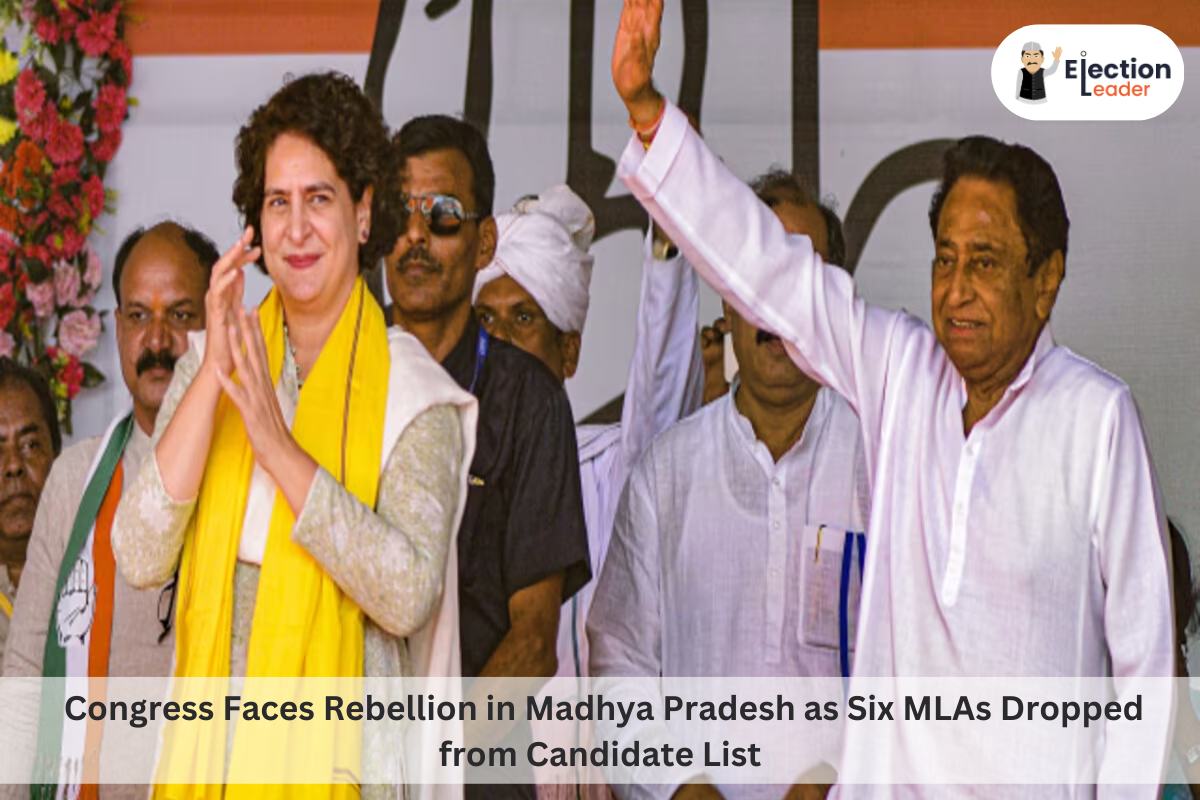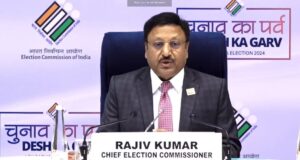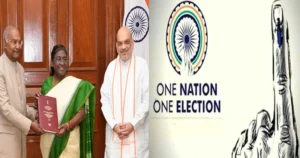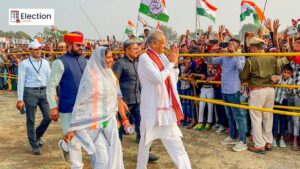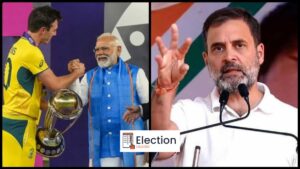Indian National Congress Faces Rebellion in Madhya Pradesh as Six MLAs Dropped from Candidate List
In a surprising turn of events, the Indian National Congress in Madhya Pradesh has found itself embroiled in controversy and dissent after announcing its second list of candidates for the upcoming assembly elections. The party’s decision to drop six incumbent MLAs from the list has sparked anger and protests among party members, particularly those who had displayed unwavering loyalty in the face of adversities.
The Indian National Congress four MLAs at the center of this upheaval are Ajab Singh Kushwaha, Ramchandra Dangi, Mevaram Jatav, and Rakesh Mavai, who had won their respective assembly seats in the 2020 elections, going against the candidates loyal to Jyotiraditya Scindia. Additionally, Murli Morwal and Gyarsilal Rawat, who had been vying for re-election, were also excluded from the list.
The Congress party’s decision to sideline these six MLAs has prompted widespread outrage, with many party members expressing their dismay and raising pertinent questions about the party’s loyalty and selection criteria.
One of the affected MLAs, Rakesh Mavai, voiced his frustration, saying, “I want to ask state Indian National Congress chief Kamal Nath, what did I do wrong that he denied me a ticket? I won the by-elections in 2020 as a Congress candidate when I and my family had ties with the Scindias. I am a true Congress worker and have been attached to the party since my student days. I worked for the NSUI and Youth Congress in my younger days. Unlike other candidates, I have not entered the party after being a BSP worker or a BJP worker. In 2018, I won the district panchayat chief poll. From panchayat polls to the assembly poll, I have contested polls eight times and was never defeated. So why does the party not believe in me?”
Mavai’s sentiments capture the overarching sense of betrayal felt by many Indian National Congress members who had shown unwavering loyalty to the party even in the face of challenging circumstances.
Murli Morwal, another MLA dropped from the list, expressed his anguish and revealed that he had been offered a staggering sum of Rs 40 crore to switch allegiances to the Bharatiya Janata Party (BJP). However, he remained steadfast in his loyalty to the Congress party, a decision he now deeply regrets. “I will never forget this betrayal,” Morwal stated.
The discontent and rebellion within the Indian National Congress ranks have not been limited to the affected MLAs alone. Numerous ticket aspirants have taken to the streets, protesting against the state Congress leadership. This uprising within the party’s ranks has the potential to significantly impact the Congress’s prospects in the upcoming assembly elections.
The Congress party’s decision to field new candidates in the seats previously held by the ousted MLAs indicates a calculated strategy that the party believes will improve its chances of success. The candidates chosen to replace the incumbents are Rajendra Singh Solanki for the Badnagar seat, Montu Solanki for the Sendhwa seat, Kuldeep Sikarwar for Sumawali, Purushottam Dangi for Biaora, Kashav Desai for Gohad, and Dinesh Singh Gurjar for Morena.
The party justifies its decision by claiming to rely on surveys and assessments that indicate these new candidates have a better chance of winning in the upcoming elections. However, the discontent and backlash from the affected MLAs and party members have raised questions about the transparency and fairness of the selection process.
The ongoing turmoil within the Madhya Pradesh Indian National Congress presents a significant challenge for the party, particularly in a political landscape characterized by intense competition and shifting loyalties. The rebellion from heartbroken leaders and the protests on the streets highlight the importance of unity and inclusivity within a political party, especially when preparing for crucial elections.
Source: Congress Faces Rebellion in Madhya Pradesh as Six MLAs Dropped from Candidate List
As the assembly elections draw nearer, it remains to be seen whether the Indian National Congress party can mend the divisions and placate the disgruntled members, or if the dissent will further weaken its position in the state’s political arena. The outcome of this internal strife will undoubtedly influence the broader political landscape in Madhya Pradesh, and it will be closely watched by political observers and the electorate alike.

